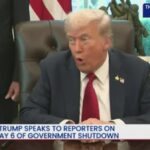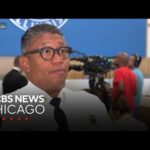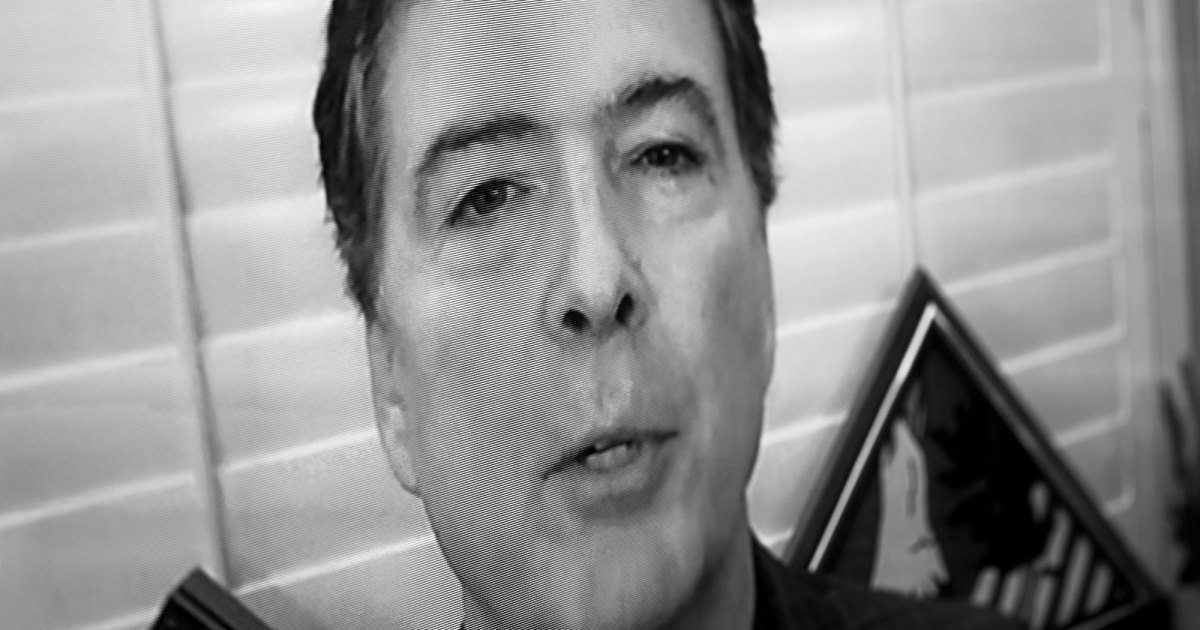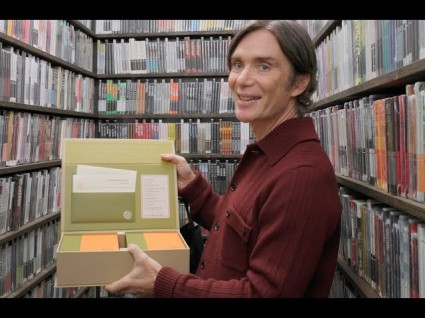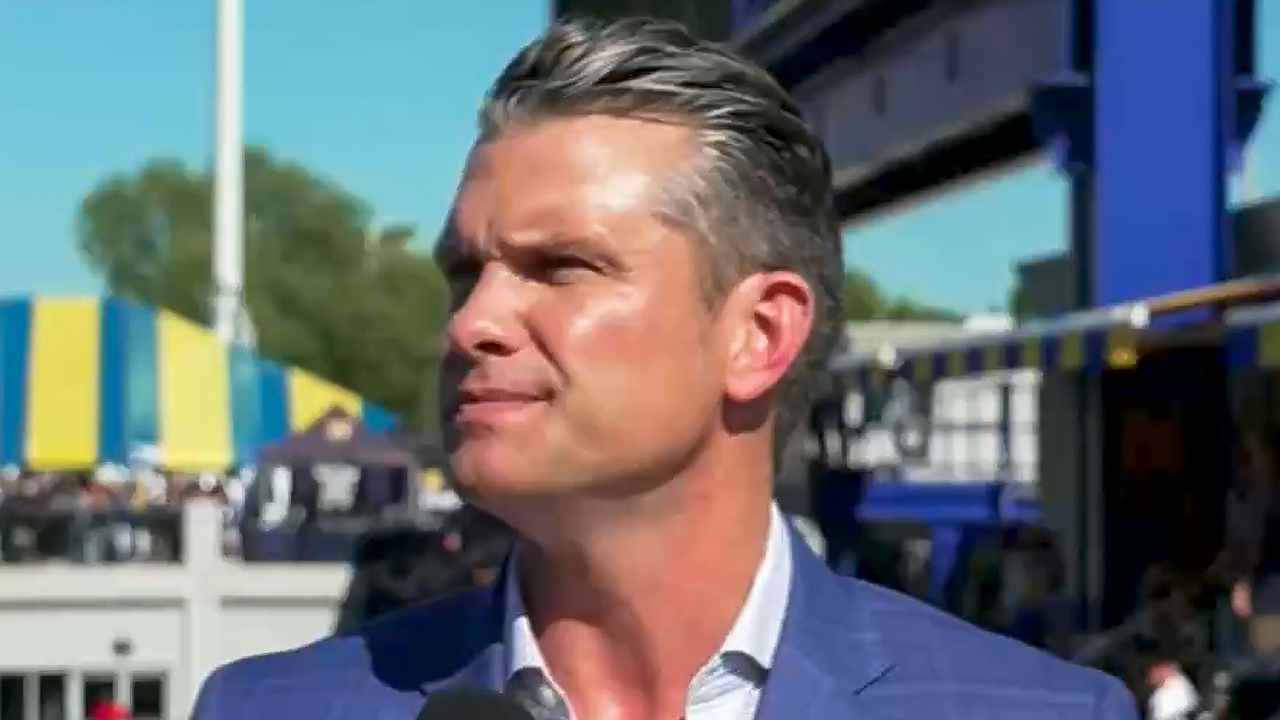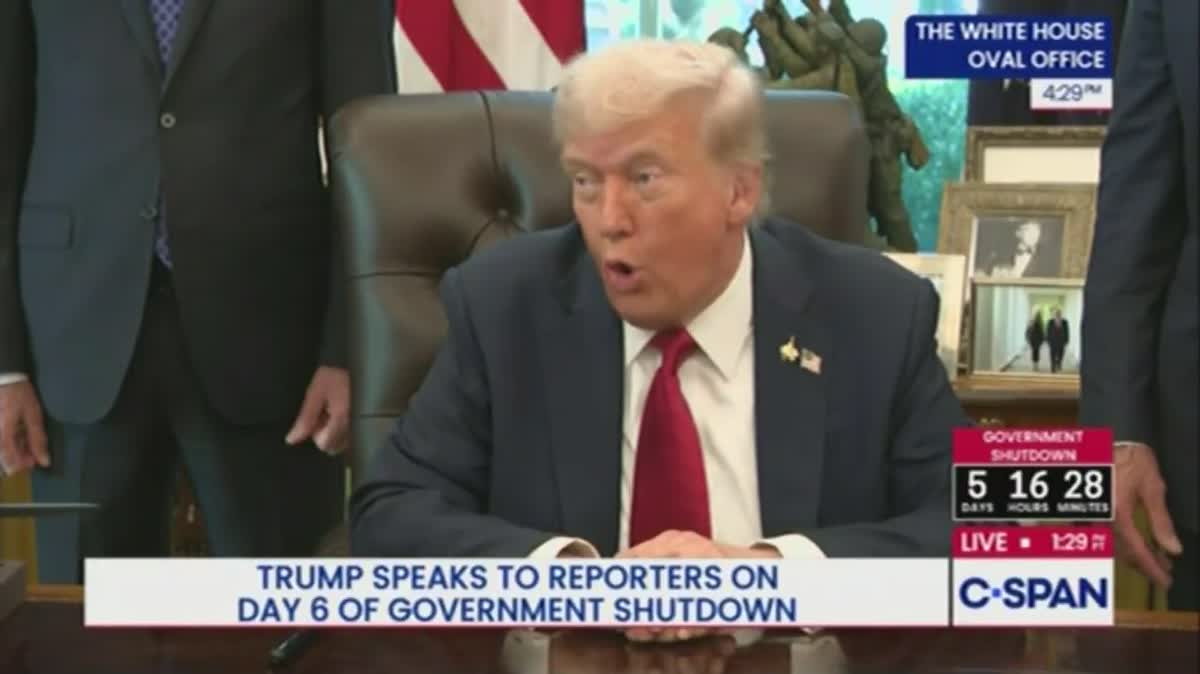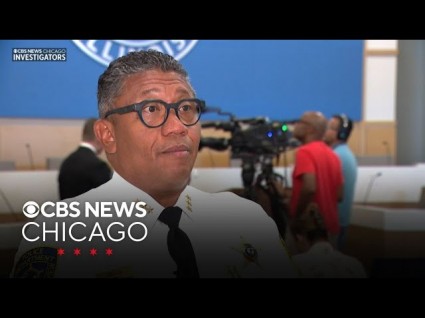Editor’s note: This is a developing story, and this article has been revised and updated based on new information.
President Donald Trump finally realized one of his many revenge fantasies. The Department of Justice that he has pressed to pursue his critics and political opponents on Thursday indicted former FBI Director Jim Comey. A wildly unqualified lackey Trump appointed US attorney for the Eastern District of Virginia brought charges against Comey after her predecessor—who was forced out by Trump—and career prosecutors found there was no solid case against Comey.
The brief, five-paragraph indictment is unusually vague. It alleges that Comey on September 30, 2020, lied to Congress and obstructed an investigation by “falsely stating to a U.S. Senator during a Senate Judiciary Committee hearing that he…had not ‘authorized someone else at the FBI to be an anonymous source in news reports’ regarding an FBI investigation.”
That’s it. But there’s a big problem with this indictment: That’s not what exactly Comey said.
First, some background. This alleged false statement supposedly occurred when Comey testified to the Senate Judiciary Committee five years ago during a hearing held by Republicans as part of their ongoing crusade to depict the Trump-Russia investigation as an illegitimate Deep State plot against the president. But his remark was not about the main subject at hand. While questioning Comey, Sen. Ted Cruz (R-Texas) asked him about something else: the investigation of an FBI leak involving former FBI deputy director Andrew McCabe.
That’s the portion of Comey’s testimony that is at the center of this case. But it turns out that the indictment is actually referring to another leak.
To understand the 2020 exchange between Cruz and Comey, it’s important to know what happened in the McCabe case. This leak occurred in 2016 when McCabe authorized other FBI officials to tell a Wall Street Journal reporter about a meeting in 2016 in which McCabe had disagreed with Justice Department officials about the handling of an investigation of the Clinton Foundation. (FBI agents had continued the inquiry after Justice Department officials had concluded there wasn’t much to case, and McCabe had believed continuing the inquiry was warranted. Eventually, no prosecutions ever materialized.) A Wall Street Journal piece that included a description of this meeting was published on October 30, 2016, shortly before the election.
Later, the Justice Department inspector general investigated the leak and released a report in February 2018. According to the IG, McCabe had told IG investigators that Comey had approved of this leak. Comey, though, said otherwise. The IG, citing a long list of circumstantial evidence, concluded that McCabe did not inform Comey that he had authorized others to share that information with the Wall Street Journal. Comey, the IG said, had done nothing wrong in this episode. Still at the 2020 hearing Cruz pressed the former FBI director on this. Here’s the full exchange:
Cruz: On May 3rd, 2017, in this committee, Chairman [Chuck] Grassley asked you point blank, “Have you ever been an anonymous source in news reports about matters relating to the Trump investigation or the Clinton investigation?” You responded under oath, “Never.” He then asked you, “Have you ever authorized someone else at the FBI to be an anonymous source in news reports about the Trump investigation or the Clinton administration?” You responded again under oath, “No.”
As you know, Mr. McCabe, who worked for you, has publicly and repeatedly stated that he leaked information to the Wall Street Journal and that you were directly aware of it and that you directly authorized it. Now, what Mr. McCabe is saying and what you testified to this committee cannot both be true. One or the other is false. Who’s telling the truth?
Comey: I can only speak to my testimony. I stand by the testimony you summarized that I gave in May of 2017.
Cruz: So your testimony is you’ve never authorized anyone to leak, and Mr. McCabe, if he says contrary is not telling the truth.
Comey: Again, I’m not going to characterize Andy’s testimony. But mine is the same today.
That’s it. The indictment gives the impression that Comey made a remark during this testimony in which he said he had not “authorized someone else at the FBI to be an anonymous source in news reports.” But Comey never directly said those words. His response was: “I stand by the testimony you summarized.” The indictment, drawing on the question that Comey was asked at that earlier hearing, is putting words in his mouth.
But the indictment reportedly isn’t predicated on what was at the heart of the Cruz and Comey exchange, the McCabe leak. Instead, according to MSNBC and ABC News, the charges are related to Comey allegedly asking his longtime friend Dan Richman to leak stories to reporters about an FBI investigation of Hillary Clinton. That was not what Cruz had asked about.
It’s not clear how the supposed Richman leak might be related to Comey’s 2017 testimony that Cruz pressed him on. The question that Grassley presented to Comey in 2017 that Cruz cited was specific, referring only to “news reports about the Trump investigation or the Clinton administration.” Note that Grassley had mentioned the Clinton administration. Did Comey ask Richman to speak to reporters about the Clinton administration or a Hillary Clinton investigation? If the latter, Grassley’s question might not have covered that instance.
When Comey told Cruz that he stood by his previous testimony he was not addressing the McCabe leak issue that Cruz had raised. And Cruz, focused on the McCabe leak, was not referring to any possible leak through Richman. But toward the end of the exchange, Cruz did ask, “So your testimony is you’ve never authorized anyone to leak?”
Could that be read as an open-ended question unrelated to the McCabe leak and, thus, possibly cover any actions Comey took with Richman? And could Comey’s “stand-by-my-testimony” response to this query be considered a false statement if his 2017 testimony was not truthful? But what if his 2017 testimony—because of the specificity of Grassley’s inquiry—was technically not false? The case might hinge on all this.
In a video he posted on social media Thursday night, Comey said, “My heart is broken for the Department of Justice but I have great confidence in the federal judicial system and I’m innocent.”
At this point, it’s hard to have a full understanding of the case because the indictment is so vague and many details are unknown. But this case is likely destined to be bogged down in word games. After all, words and precision are crucial to indictments that accuse a person of lying to Congress. And in this instance, it is no surprise that the indictment is sloppy, vague, and misleading, for this is an act of vengeance and not justice—which is what makes the case so dangerous.







